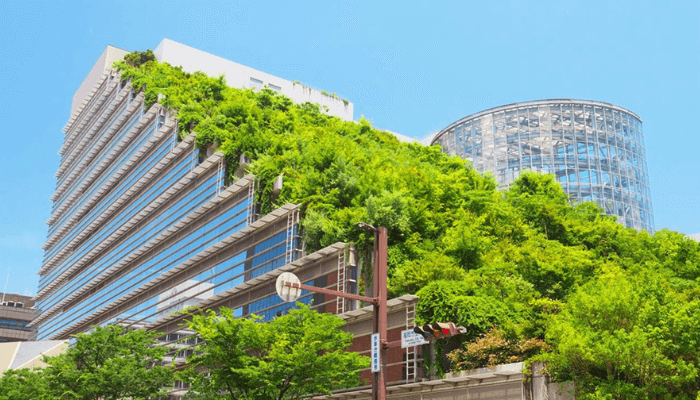Nigeria advances green building agenda with global ‘Rebuild Our Buildings’ initiative
Nigeria has intensified efforts to promote sustainable construction and reduce greenhouse gas emissions through the Nationally Determined Contributions (NDC) scorecard for Sustainable Building Project, a global initiative spearheaded by the World Green Building Council under the Rebuild Our Buildings campaign.
The project, which aims to accelerate climate action in the building sector, is currently being implemented in five countries — Nigeria, Egypt, the Philippines, Brazil, and Colombia. It focuses on decarbonizing buildings and cities while strengthening their resilience to climate impacts.
Speaking at a regional engagement session in Abuja on Tuesday, Danjuma Waniko, president of the Green Building Council of Nigeria (GBCN), explained that the project, which began in August 2024, has already completed four national workshops leading to the development of an Action Plan for Sustainable Buildings.
“We brought together stakeholders from government, the private sector, finance, academia, civil society, and professional bodies,” Waniko said.
“Together, we assessed Nigeria’s built environment, reviewed existing policies, identified gaps, and co-created an action plan with eight strategic objectives.”
Among the key recommendations of the plan, he highlighted the urgent need to strengthen building codes and regulatory frameworks, noting that while Nigeria has numerous policies on paper, enforcement remains weak.
“It is in the transition from paper to practice that we are lacking,” he said. “We must ensure regulations are implemented and monitored effectively.”
Waniko also emphasized the importance of mobilizing finance to support the transition to a carbon-neutral and resilient built environment. “This transition requires money. We need to catalyze investment and unlock more financing for sustainable building,” he added.
Another major recommendation is the improvement of data collection and research.
According to him, there is limited information on emissions, energy use, and climate impacts in Nigeria’s building sector, making it difficult to design evidence-based interventions.
He also called for pilot and demonstration projects to showcase practical, locally relevant solutions. “People often ask, ‘Does it work? Is it fit for purpose?’ We need proofs of concept to show that sustainable solutions are both effective and adaptable to our context,” he said.
The final and most critical component, Waniko noted, is catalyzing subnational action, since issues of land use, urban planning, and building regulation are constitutionally under state jurisdiction.
“In Nigeria, the national government cannot dictate building regulations to the states. That is why we are engaging with regional and state authorities to help them operationalize the action plan within their contexts,” he explained.
Meanwhile, Ahmed Musa Dangiwa, minister of Housing and Urban Development, commended the initiative, describing it as “a bold and innovative step” toward aligning Nigeria’s built environment with sustainability, equity, and climate responsibility.
“Urban development is not merely about constructing buildings and infrastructure,” Dangiwa said. “It is about building communities, nurturing ecosystems, and creating inclusive spaces where Nigerians, regardless of income, gender, or geography, can thrive.”
Reaffirming Nigeria’s commitment to its Nationally Determined Contributions (NDCs) under the Paris Agreement, the Minister emphasized that the built environment accounts for a significant share of energy use and emissions, making it imperative to transform it into “a driver of sustainability.”
“Sustainability is not a luxury—it is a necessity,” Dangiwa added. “It is an opportunity to create jobs, improve health, reduce poverty, and protect our environment.”
He urged all stakeholders—architects, engineers, planners, policymakers, and community leaders—to embrace the national green building vision with courage and creativity.
“Let us build not just structures, but legacies. Let us design not just cities, but futures,” the Minister said. “Together, we can make Nigeria’s built environment a beacon of sustainability, resilience, and hope.”
The ongoing regional workshops are part of broader efforts to ensure that state governments take ownership of green building practices, integrate sustainability into urban planning, and align their policies with national and global climate goals.
The Rebuild Our Buildings campaign represents one of the most coordinated global efforts to transform the built environment — a sector that accounts for nearly 40% of global energy-related carbon emissions — into a driver of climate resilience and sustainability.

